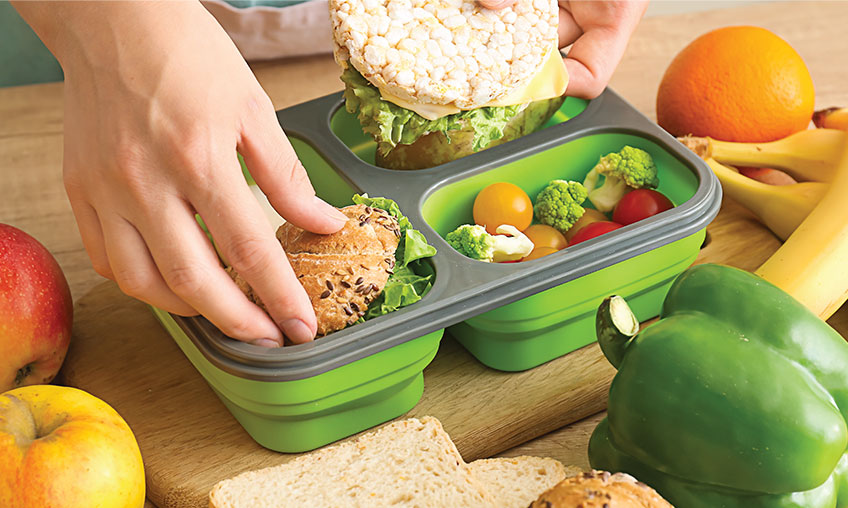Good eating habits and snack facts
- Eating a lot of snacks that have sugar may give your teen tooth decay. Encourage your child to limit snacking between meals and avoid sugary foods like gum, hard candies, and suckers that stay in the mouth for a long time.
- Help them avoid eating soft, sticky sweets that get on and in between the teeth, like chewy candy or raisins. Sticky foods stay in the mouth longer and the acid can decay the tooth.
- Try to make sure your teen eats many kinds of foods: breads, milk and milk products, meat, vegetables and fruits.
- Encourage your teen to brush your teeth after eating.
Early warning signs of tooth decay
See your dentist if you notice:
- Small white spots on teeth
- Swelling of the face
- Tiny holes in enamel
- Pain in mouth
- Tooth sensitive to heat, cold, or sweets
- Tooth painful or sensitive when chewing
Going to the dentist
- Visit the dentist every 6 months.
- Teens are at high risk for tooth decay. The dentist will watch for any changes that may cause tooth decay. The dentist will only recommend x-rays when necessary.
- The dentist will do an exam and decide how often to clean the teeth and how often to put fluoride on the teeth. Fluoride is usually used up to age 16.
- As children become teenagers, the dentist will talk about hormone changes and how they affect the mouth. The dentist may also talk about smoking, oral piercings and other things teens might do.
- The dentist will look at the mouth and how the teeth fit together. The dentist will recommend how to fix any problems.
- The dentist may recommend sealants as the permanent back teeth come in. Dental sealants are a plastic resin that a dentist puts into the grooves of the chewing part of a tooth to help prevent tooth decay.
- Wisdom teeth, also called third molars, can come in wrong. They can also cause the other teeth to be crowded. Because they are so far back it’s hard to brush them well. The dentist will look at these teeth and recommend if they should be removed.
 Preventistry Pulse Image
Preventistry Pulse Image
PREVENTISTRY PULSE
The newsletter designed for anyone who wants to improve oral health for themselves, their families, customers or communities.





